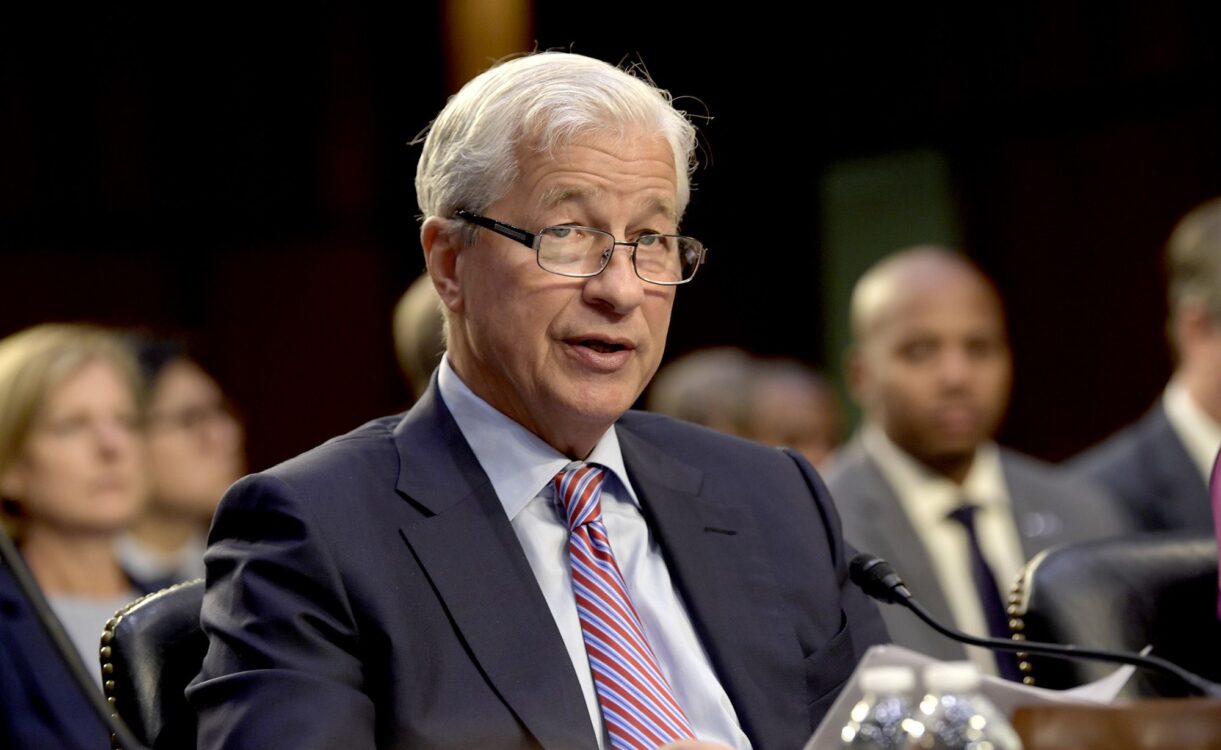
JP Morgan Chase & Co., the world’s largest bank by market capitalisation, is set to deepen its investment in Nigeria as it prepares to convert its Lagos representative office into a fully operational merchant bank.
The move signals the bank’s intention to secure a merchant banking licence from the Central Bank of Nigeria (CBN), expanding its footprint in Africa’s most populous country and largest economy.
Strategic Expansion into a Growing Market
With roots in Nigeria dating back to the 1980s, JP Morgan has maintained a representative presence focused primarily on advisory and asset management. The application for a merchant banking licence marks a major pivot in strategy—allowing the bank to offer a broader range of financial products, including dollar-denominated loans targeted at large corporations operating across critical sectors such as oil & gas, infrastructure, manufacturing, and telecommunications.
This planned expansion aligns with Mr. Jamie Dimon’s, Chief Executive Officer of JP Morgan, broader strategy to deepen JP Morgan’s role in emerging markets, particularly in Africa, where financial services demand continues to rise amid improving regulatory frameworks and investor appetite. According to people familiar with the matter, the bank sees Nigeria as a strategic hub for West African operations due to its scale, capital market depth, and renewed macroeconomic reform agenda.
Building Investor Confidence Through Engagement
Recall, a senior delegation from JP Morgan, led by Mr. Dapo Olagunju, met with Mr. Wale Edun, Honourable Minister of Finance and Coordinating Minister of the Economy, in Abuja. The meeting, held at the ministry’s headquarters, focused on strengthening investor relations, assessing the investment climate, and aligning with the fiscal direction of President Bola Tinubu’s administration.
Notably, the delegation included top global institutional investors with exposure to Nigeria’s Eurobonds and domestic securities, underscoring the significance of the country in JP Morgan’s emerging market strategy. The bank’s active engagement with Nigerian policymakers is expected to reinforce its role as a financial intermediary for capital flows into the country.
Outcomes for Nigeria’s Capital Markets and Private Sector
If granted, the merchant banking licence would position JP Morgan to play a more active role in Nigeria’s financial ecosystem. The bank would be able to underwrite deals, provide structured financing, support mergers and acquisitions, and offer a wider suite of investment banking solutions tailored to Nigerian corporates and multinationals.
The development also coincides with recent reforms in Nigeria’s financial markets, including the enactment of the Investment and Securities Act 2024, which strengthens regulatory oversight and aligns local practices with global standards. This improved policy environment enhances Nigeria’s appeal to foreign institutions seeking stable, scalable opportunities in Africa.
Future Outlook: What It Means for Investors
For global investors and Nigerian stakeholders alike, JP Morgan’s move is a vote of confidence in the country’s financial direction. As Nigeria looks to attract long-term capital, diversify funding sources, and stabilise its macroeconomic outlook, the presence of a global financial player like JP Morgan could catalyse further interest from international markets.
Analysts expect that the merchant banking operation, if approved, could help facilitate cross-border transactions, deepen foreign currency liquidity, and support economic diversification efforts, especially in infrastructure and energy.
Discover more from Astudity Limited
Subscribe to get the latest posts sent to your email.